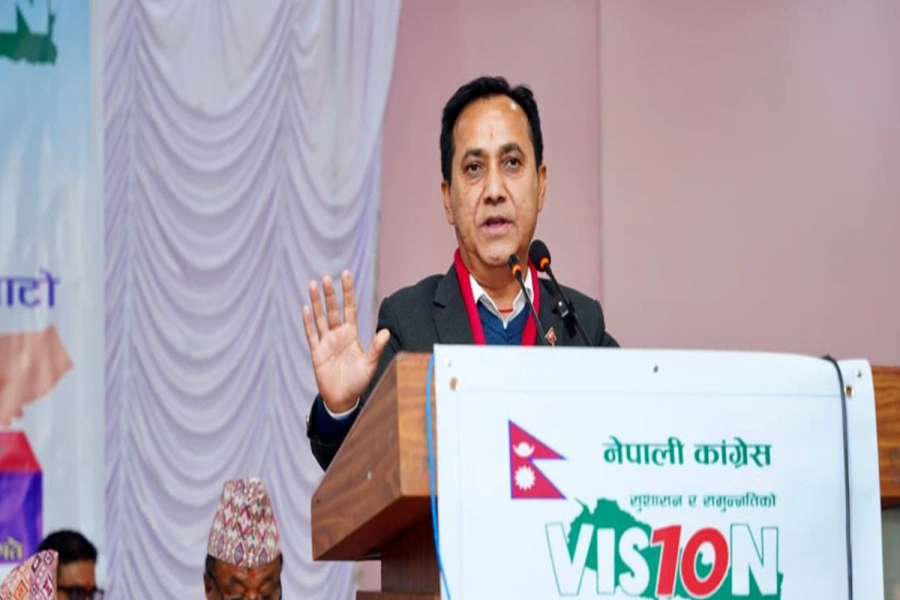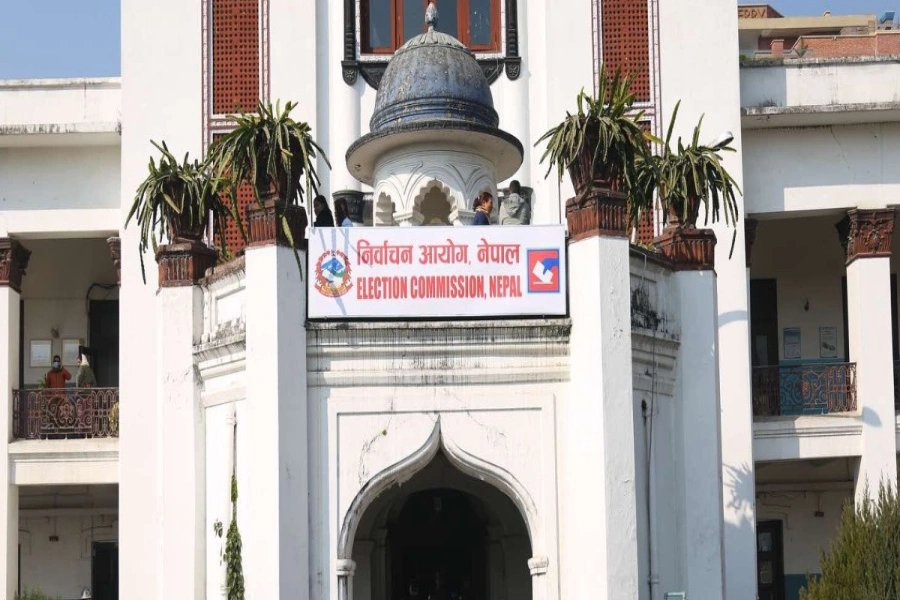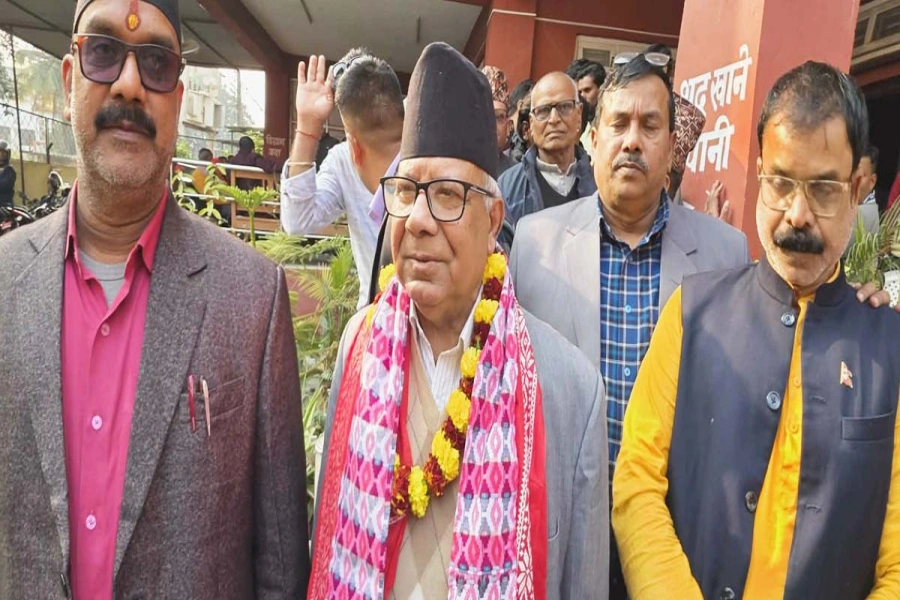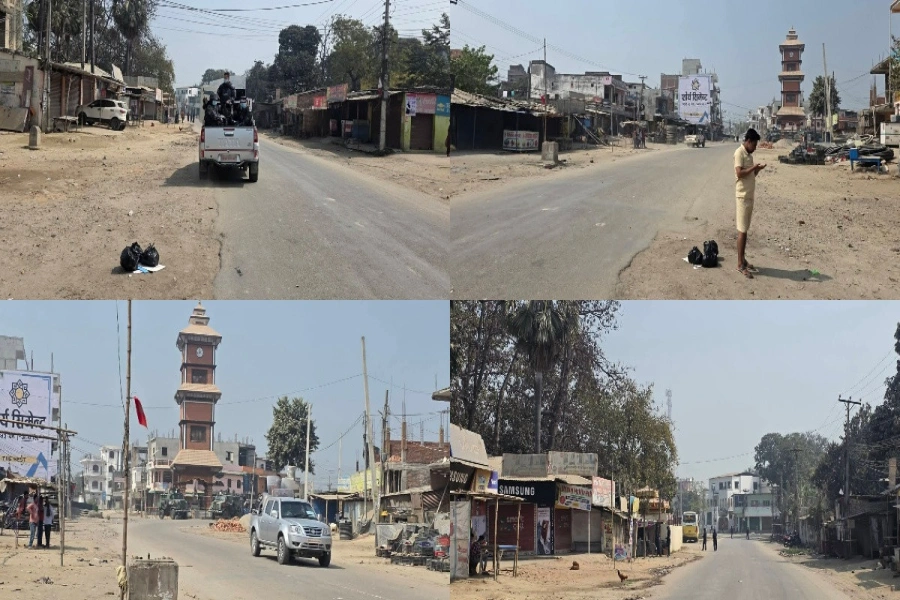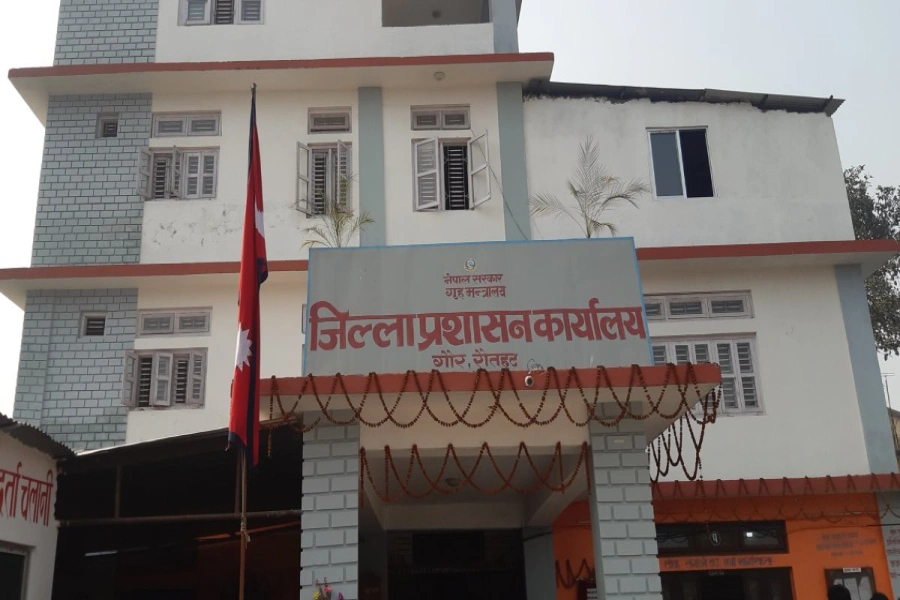It appears that that the ultimate goal of most Nepali students these days is to go abroad for their higher studies. The ever-increasing number of Nepali students leaving their native country for higher education has been in major spotlight, at least among the youth and their families. This craze starts when students begin planning the course of their lives in terms of career.
It is common to see educational consultancies in every corner of the city and the most interesting fact is that they get adequate number of student, enrolling for various language-testing classes in order to apply to universities in Europe, Australia and North America.
Nepal’s temperature raises by 0.5 degree Celsius in 27 years

International degrees being preferred over domestic ones by recruiters might just be the strongest reason for such trend. Nepal is unfortunate in the sense that a vast majority of our educated citizens feels that there is no future in our country and thereby feels the need to go abroad with an objective to accelerate their career. Our society gives high regard to any persons who have studied or is working abroad. The tags, ‘foreign return’ and ‘green-card holder’ are seen as the most valuable not only in the professional world but also in terms of eligibility for marriage. The main question, however, is: Is it really a foreign degree luring them – or is it something else repelling them from their homelands?
The number of good students that consider colorful marks as a gateway to entering foreign lands is surprising.
The curricula of most universities are merely knowledge-driven rather than industry-driven. It creates a huge gap between the theoretical knowledge gained in class and the practical expertise required for a job. Therefore, our universities are unable to provide quality education to compete in the open markets. The core of higher education should be knowledge-oriented rather than exam-oriented, which is still a distant dream for our education system.
The political instability of Nepal has resulted in numerous strikes that come in the way of receiving healthy education. Thus, now is a challenging time for our education authorities. They need to re-think and re-consider their thoughts and actions: changes in syllabi that include and embrace international trends in research, innovation and entrepreneurship, will create a holistic learning environment with the effect of attracting our students to stay home instead of flying abroad.
















